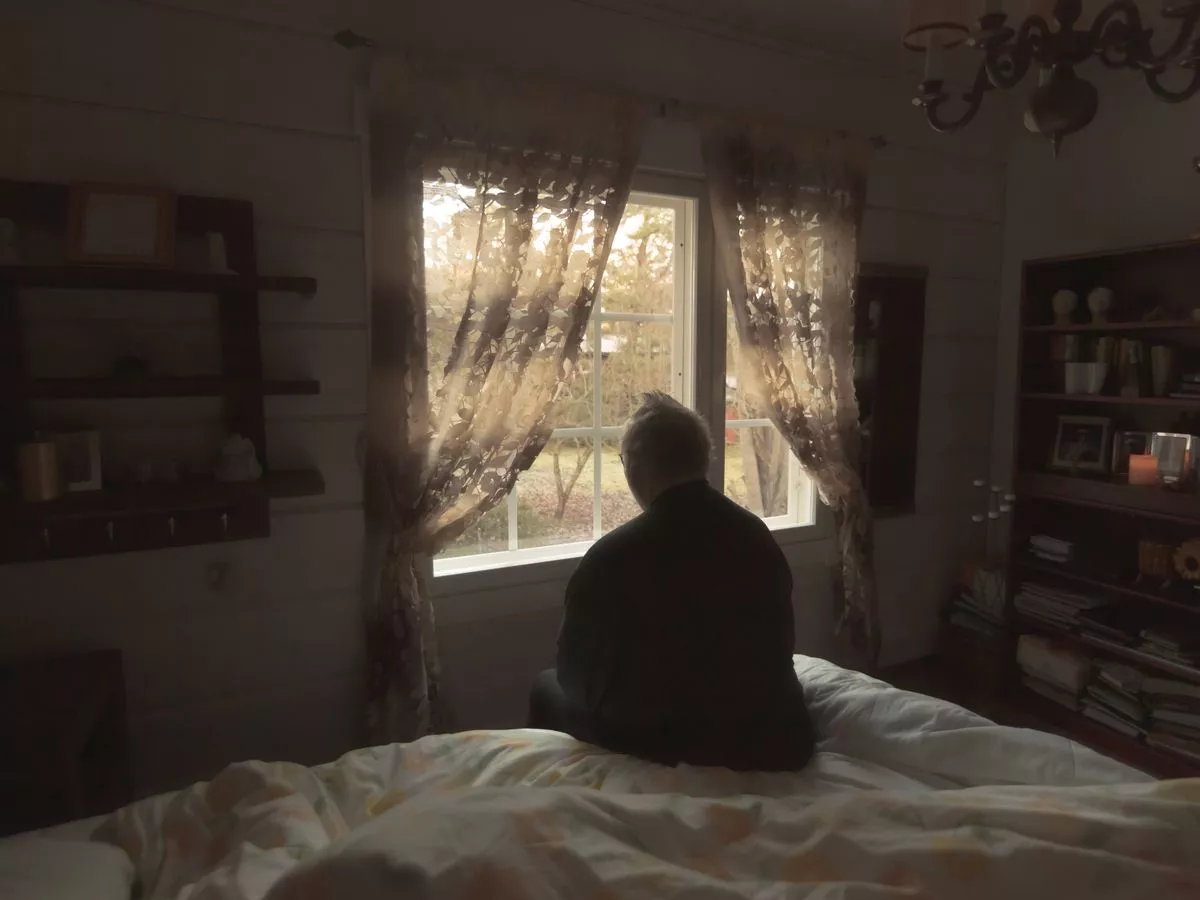By Fionnuala Boyle,Lauren Haughey
Copyright dailyrecord

Ageing is something we might try to reverse through various beauty or even surgical treatments. But growing older is a blessing and should not be taken for granted as, after all, it means we have more time to spend with loved ones. However, there are aspects of ageing that you should be more conscious of than others. In fact, the NHS has issued a crucial alert about four warning signs to be aware of . Whilst you may be inclined to brush them off as simply a ‘normal part of getting older’, they might signal the onset of a potentially devastating health condition. Taking to X , previously Twitter, this week, the NHS stated: “Different types of dementia can affect people differently, and everyone will experience symptoms in their own way. “However, there are some common early symptoms that may appear some time before a diagnosis of dementia.” Dementia serves as an umbrella term describing numerous conditions that result in cognitive decline, including Alzheimer’s disease. Latest statistics indicate that over 944,000 individuals across the UK are currently living with dementia, encompassing one in every 11 people aged over 65. Whilst dementia symptoms can vary significantly depending on the specific type, the NHS particularly encouraged Britons to remain vigilant for the following: The latest warning went on: “Dementia is not a natural part of ageing. It’s important to talk to a GP if you’re worried about memory problems or other symptoms,” reports the Mirror . Alzheimer’s disease stands as the most widespread type of dementia, representing roughly 60 to 70 per cent of all cases, according to the World Health Organisation. Experts believe it stems from an unusual build-up of two proteins, amyloid and tau. These deposits usually accumulate around brain cells, forming tangles that block neuron transport and result in cognitive deterioration. Whilst the precise cause remains not entirely understood, there are multiple factors linked to heightened risk. These encompass, but are not restricted to: Alzheimer’s is a degenerative condition, which means its symptoms slowly emerge over numerous years. Generally, the initial indicators manifest as slight memory problems, such as overlooking names or incorrectly remembering discussions. Nevertheless, as the condition advances, the NHS clarifies that additional signs may include: Online guidance from the NHS states: “There’s currently no cure for Alzheimer’s disease, but medicines are available that can help relieve some of the symptoms. “Various other types of support are also available to help people with Alzheimer’s live as independently as possible, such as making changes to your home environment so it’s easier to move around and remember daily tasks. “Psychological treatments such as cognitive stimulation therapy may also be offered to help support your memory, problem-solving skills and language ability.” Anyone who suspects they are experiencing symptoms of Alzheimer’s disease is urged to seek GP guidance. Additional information is accessible on the NHS website.



